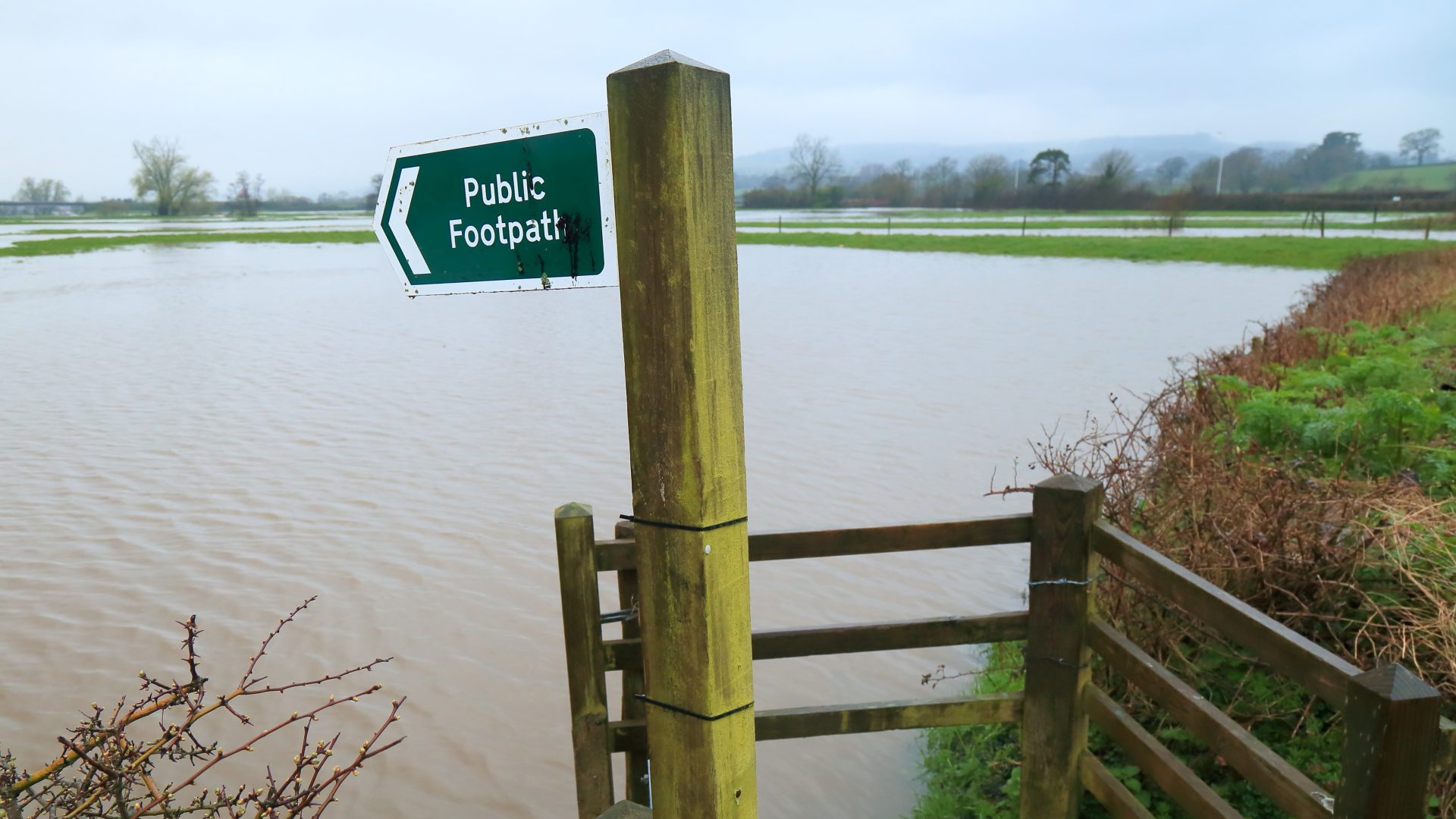In a report published this week, the Public Accounts Committee (PAC) has warned that the Department for Environment, Food and Rural Affairs (Defra) has no overall numerical target for the UK’s level of long-term flood resilience, and so cannot know if it is progressing in its 2020 ambition to create “a nation more resilient to future flood and coastal erosion risk”.
Flood protection will be provided for at least 40% fewer properties than planned, according to Environment Agency (EA) forecasts. This is due to factors including inflation and the bureaucracy associated with approving projects. With the programme’s success relying on the completion of many large projects where the EA has only medium or low confidence of delivering by 2027, the Committee is concerned that the number of properties better protected could turn out to be even fewer than the current revised-down forecast of 200,000.
In 2022-23, there were 5.7 million properties in England at risk of flooding. The Committee’s report highlights a range of concerns in Government’s support and approach to flood resilience, including:
- smaller and rural communities losing out due to a lack of flood protection provision for communities of fewer than 100 houses that can nevertheless be devastated by the impact of flooding;
- new housing continuing to be built in high flood risk areas without adequate mitigations, as over half of Local Planning Authorities said they rarely or never inspect a new development to check compliance with flood risk planning conditions;
- a lack of necessary leadership and support from Government for local authorities on how to address the increasing risks of surface water flooding.
Sir Geoffrey Clifton-Brown MP, Deputy Chair of the Committee, said:
“With the reality of climate change and increasing rainfall, robust flood resilience must of course become an ever-increasing priority. As we have recently seen once again, the depredations caused by such disasters are a matter of life and death for communities up and down the country. This inquiry has uncovered the alarming truth that in a number of ways, the approach to keeping our citizens safe in this area is contradictory and self-defeating, not least in the continuing development of new housing in areas of high flood risk without appropriate mitigations.
“The number of properties at risk of flooding from deteriorating defences eclipsing those benefitting from new ones is another case in point. This is emblematic both of the Government’s failure to strike the right balance between maintenance and construction, and of not considering the net number of properties at risk. One of the first steps in delivering any successful policy is clearly defining what success looks like. We hope the recommendations in our report help the Government to do so.”



